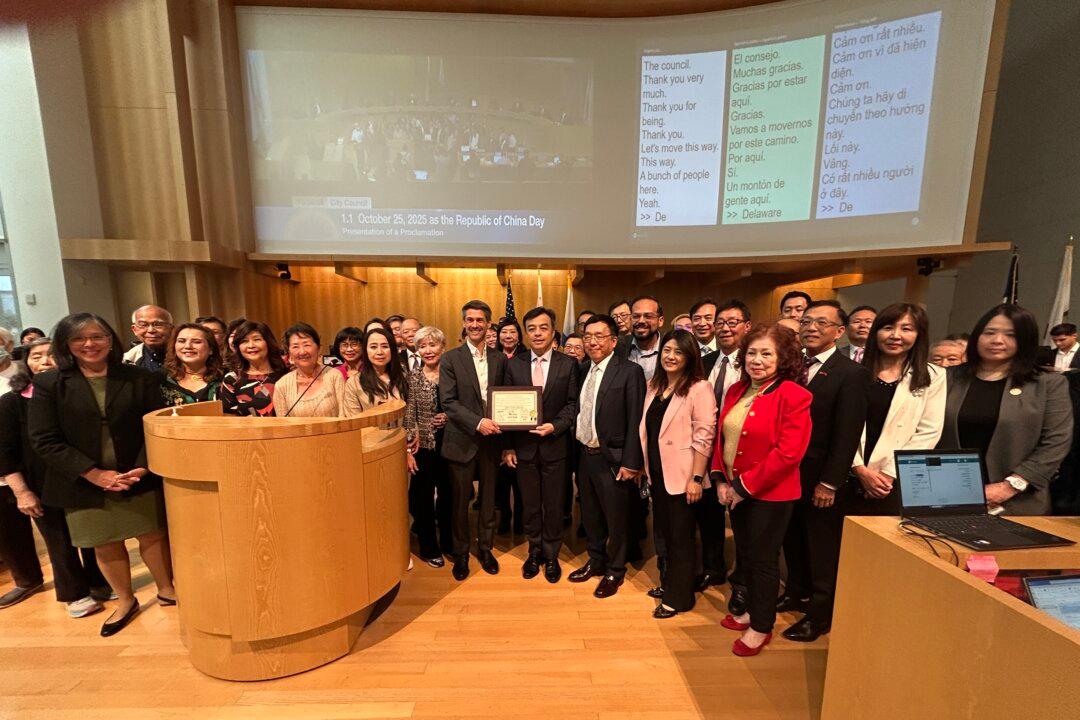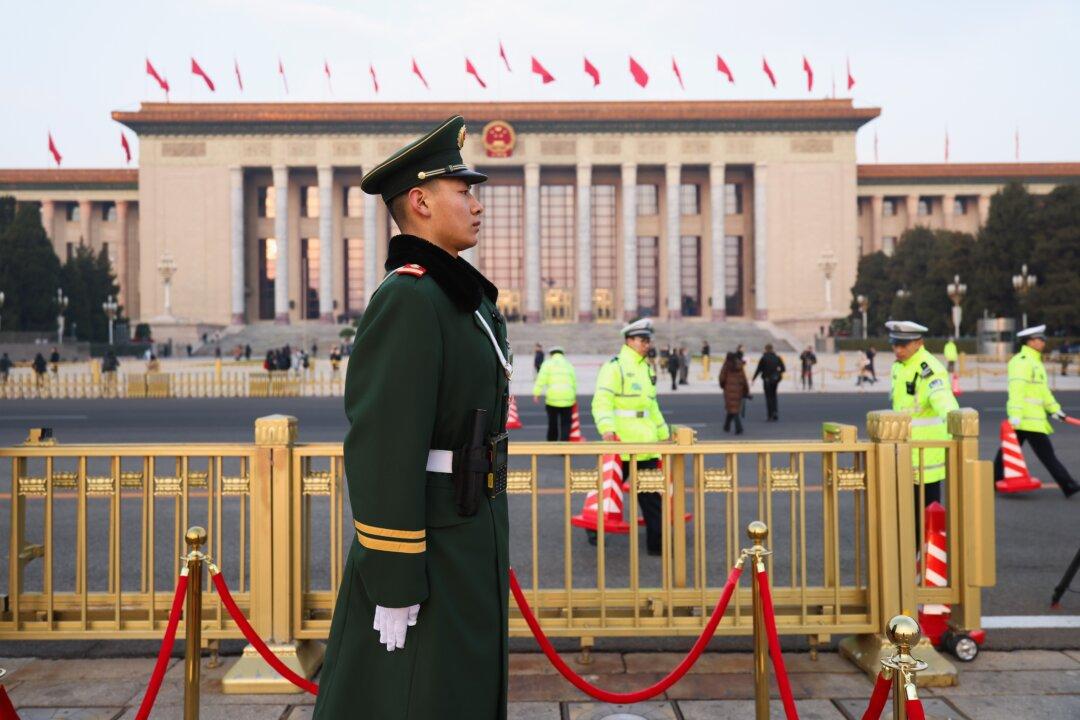While Democrats fell short of creating a nationwide blue wave in the midterm election, they succeeded in stopping a red wave in the state of California, with the GOP experiencing a number of losses.
In a few close races the votes are still being counted, but Republicans lost their campaigns for all statewide offices, possibly five congressional districts, and Prop. 6, the gas tax repeal, which was a major part of the GOP’s focus for the election.





